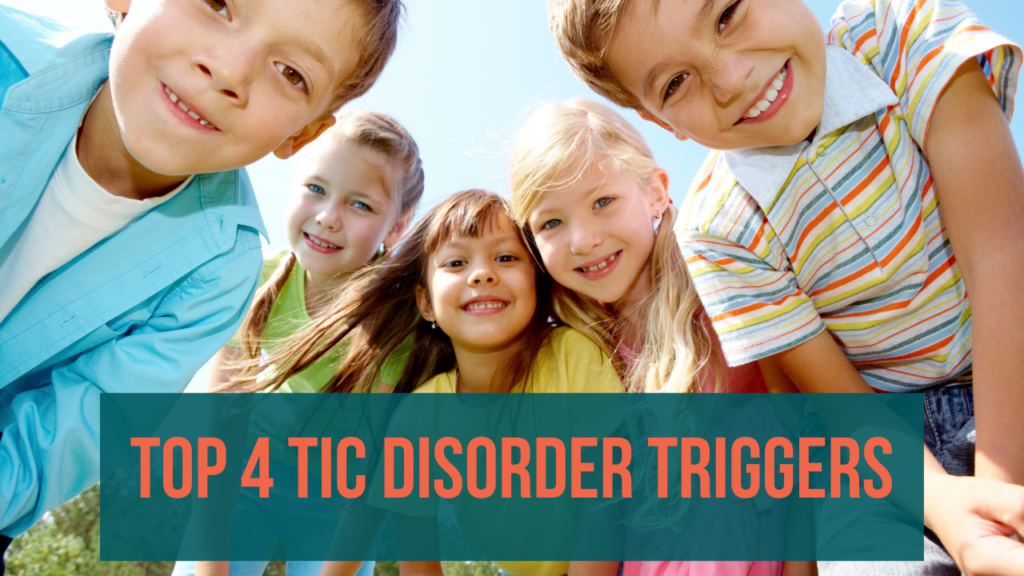If you are a parent whose child struggles with tics, then you know that a tic is characterized by sudden, repetitive movements or vocalizations called tics. Tics are often classified as either motor or vocal. Motor tics are movements such as eye blinking, facial grimacing, head shaking, and shoulder shrugging. Phonic tics are sounds such as coughing, throat clearing, whistling, and grunting.
Many parents feel stuck when it comes to their child’s tic; they don’t know how to help them, and watching them is heartbreaking.
Tics are not purely neurological! I know mind-blowing, right? So you have a tic you see a neurologist, and he tells you to “ignore it”…
Today, we will look a little bit deeper at triggering events and the connection with tics.
What is a triggering event?
A triggering event is any physical, environmental, psychological, biological, or emotional trauma that can affect an individual. It can be something as minor as cold to something more severe like surgery. Tics are known to worsen following these events because they can bring about increased stress and inflammation. You can read more about inflammation and the connection to tics HERE
I want you to think about a boiling pot of water. If you are standing across the kitchen, you can’t see the tiny bubbles forming in the pot. You can’t see them get more aggressive and start to boil. However, when the pot boils over, you can see it from across the kitchen, and you come running.
For many children, the tics are bubbling below the surface. We can’t see them, and we may miss some of the signs because we are not looking close enough. They are there bubbling… When they experience a triggering event, that pot boils over, and we can see the tics overflow onto the surface.
The Top Four Triggers
Biological triggers may include underlying infections, leaky gut, and nutritional deficiency.
Environmental triggers may include food sensitivities, vaccines, herbicides, pesticides, toxins, strong scents, cleaning products, plastics, and even nonstick cookware.
Psychological triggers may include lack of exercise or poor alignment
Emotional triggers may include stress from work or school, abuse, grief, or an accident like a car crash.
Triggers are not limited to those listed above, but these are some of the most common triggers for children with Tic Disorders.
Tics are multi-layered, and there is usually not one root cause but many root causes. So when addressing your child’s tic, it is essential to get clear on the many different areas that can be impacting their health. This way, you can get clear don’t best approach for your child.
If you are curious about where to start, grab the tic disorders cheat sheet HERE

